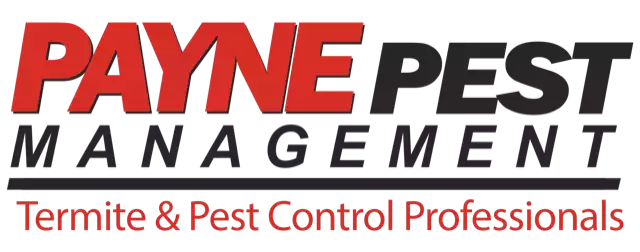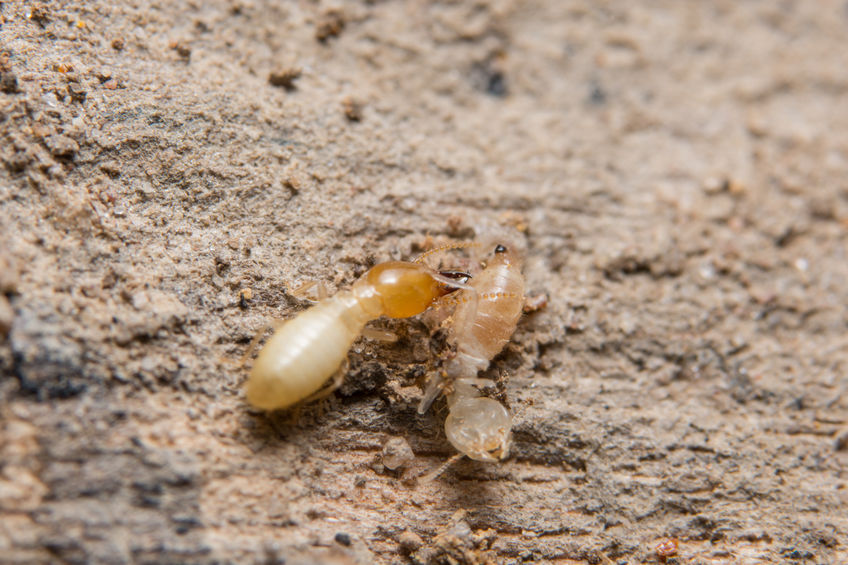Termites are ancient creatures, as old as the dinosaurs. However, only one of the two species made it to today. That should tell us something about what we’re dealing with. On top of that, termites cause up to $5 billion every year in property damage. As such, we have to find ways to manage these pests in ways that are cost effective, and one of these ways includes cost reduction strategies such as Homeowners insurance. But does this insurance policy cover termite damage? Let’s find out.
The short answer is “No.” Homeowners insurance only covers “sudden and accidental” damage, and termite damage is gradual and preventable with maintenance. In other words, the homeowners insurance policy considers termite damage to be caused by poor maintenance. Furthermore, the policy does not cover extermination fees or preventative control costs either, as these costs are considered to be a part of the routine management costs of the home. There are some exceptions however. If you have a termite infestation, and the termites chew through the electrical wiring of the home, leading to a house fire, the policy will be triggered and the fire-related damage will be covered.
Lowering the costs of termite infestations
There are several ways in which you can lower the cost of termite infestations. First, you want to reduce the chance of termite infestations occurring. Termites will infest your home for two main reasons: the presence of moisture and the presence of nearby food sources. Sources of moisture include clogged storm drains, and leaky roofs, gutters and faucets. Nearby food sources include plants that are less than two or three feet away from the home, dead trees, branches and other plants on your property, and fire wood that is too close to the home.
You then want to make sure to keep an eye out for signs of a termite infestation. Termite damage will not become apparent until the wood is pretty much hollowed out, so what you want to look for are mud tunnels/tubes, which subterranean termites use to travel above ground, and swarmers, which are winged termites that leave a mature nest in order to form new colonies.
Finally, you can hire a pro to perform regular termite inspections. A pro will have the tools and expertise to detect a termite infestation very early on and that will allow you to prevent any extensive damage before it occurs. Contact us today if you want to set up a regular termite inspection process or if you have a termite infestation.







